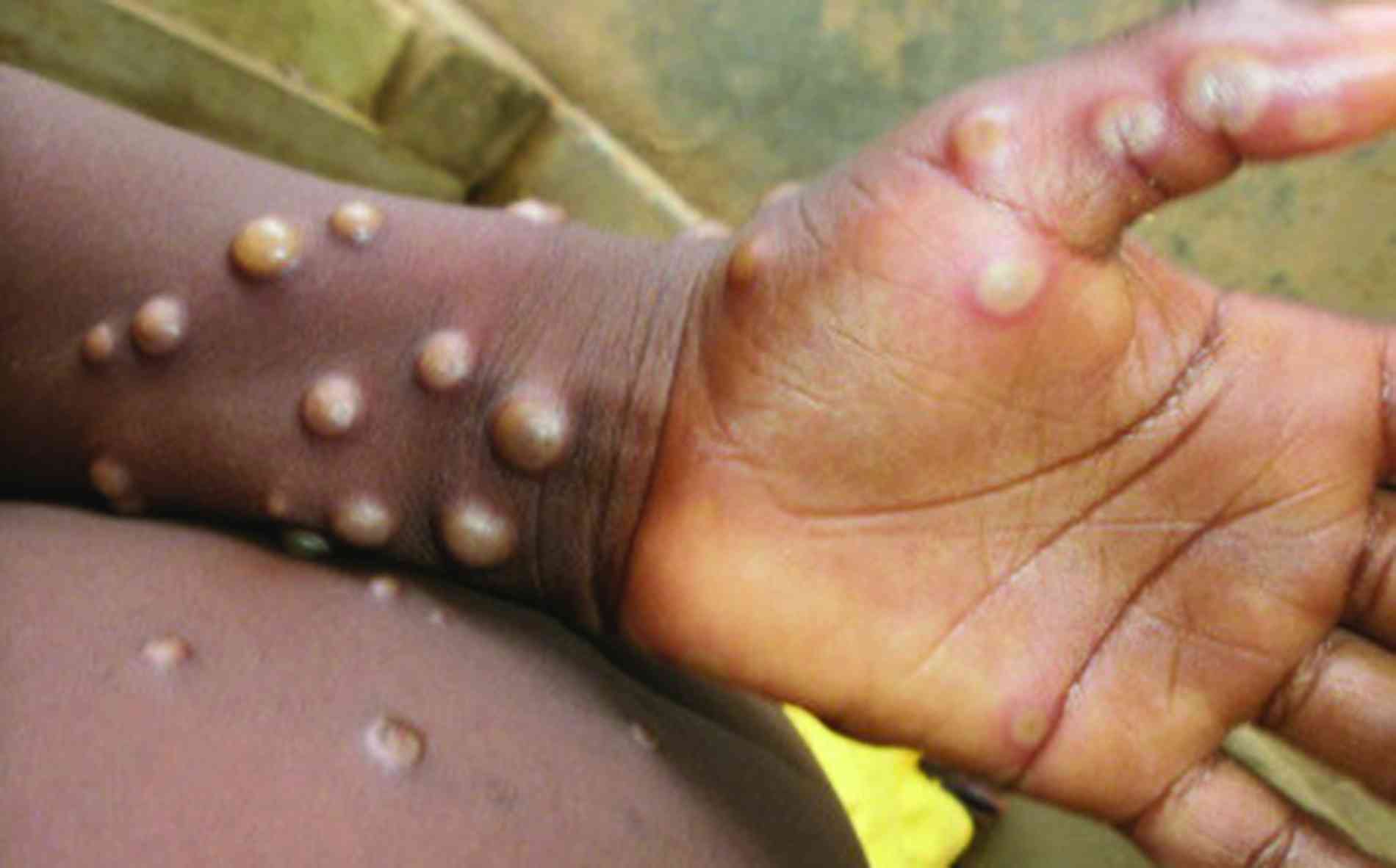
GOVERNMENT says it has intensified surveillance at the country’s borders to combat Mpox, formerly known as monkeypox, which has been declared a public health emergency.
The World Health Organisation in August declared Mpox a public health emergency based on the outbreak in the Democratic Republic of Congo (DRC) which has spread to at least 13 other African countries.
According to the Africa Centres for Disease Control (CDC), Mpox cases across the continent are up 160% and deaths rose by 19% compared to the same period in 2023.
The Africa CDC has confirmed 2 863 cases and 517 deaths across the continent, suspected cases have passed 17 000.
Health and Child Care ministry secretary Aspect Maunganidze said while the country had no recorded cases, the ministry had intensified surveillance to prevent an outbreak.
“We have put in place robust surveillance systems at all entry points and health facilities to detect and respond to any Mpox cases promptly. Our response strategy is guided by the need to protect the public, ensure early detection and prevent further spread,” Maunganidze said.
“Zimbabwe remains committed to protecting its citizens from emerging health threats. We are confident that the measures we have put in place will minimise the impact of Mpox in the country.”
Hwange district medical officer Fungai Musinami highlighted that Matabeleland North province is already taking proactive measures to ensure the province is prepared.
“Matabeleland North hosts a wide range of tourists from across the globe. We have increased awareness at ports of entry, our staff screening with temperature checks all travellers that are coming into the country,” Musinami said.
“We have also disseminated key messages to our communities so that everyone is aware that Mpox is there and that everyone needs to look at some of the infection preventions that are recommended.”
The viral disease can spread between people, mainly through close contact and occasionally from the environment to people via objects and surfaces that have been touched by a person with Mpox.
Common symptoms of Mpox include a rash lasting for two to four weeks, which may start with or be followed by a fever, headache, muscle aches, back pain, low energy and swollen lymph nodes.










